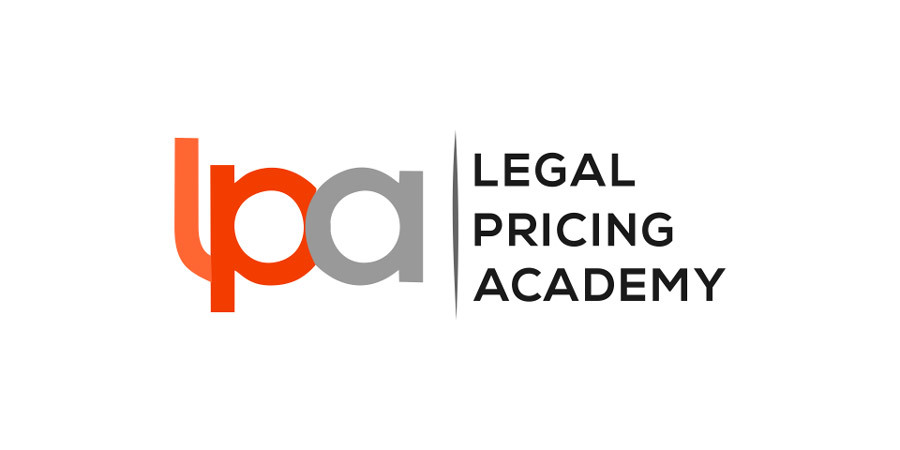The High Court has upheld a contingency fee agreement under which London law firm Bolt Burdon (BB) received half of the compensation recovered – which amounted to over £400,000, eight times what it would have billed on an hourly basis. In Bolt Burdon Solicitors v Tariq & Ors [2016] EWHC 811 (QB), the defendants had been mis-sold an interest rate swap by Allied Irish Bank, and instructed BB to recover compensation under the Financial Conduct Authority’s redress scheme.

[Our thanks to Neil Rose at Litigation Futures whose original article appears here]
The defendants said they would only instruct BB under a contingency fee agreement. The eventual deal – which was a non-contentious business agreement – entitled the solicitors to 50% of any compensation recovered, plus disbursements, recognising some significant hurdles in pursuing the claim. However, AIB eventually offered compensation of £821,045 (gross of tax).
BB sought £498,083, including disbursements and VAT, although the time costs it incurred in pursuing the claim amounted to around £50,000. The defendants challenged the agreement on several grounds;
BB had misrepresented the chances of success
On the facts as he found them following a three-day trial, Spencer J said he was satisfied that the agreement was not unfair. “Mr Tariq [the primary defendant] knew exactly what he was agreeing to. He was a very experienced businessman. He was determined that he should pay nothing for Bolt Burdon’s services unless and until compensation was received from AIB.
“He was given an accurate assessment of the prospects of success. Had Mr Bishop [of BB] told him that the prospects were nearer 20%, rather than ‘significantly less than 50%’, that could only have strengthened Mr Tariq’s determination that this was the right agreement for him.”
The agreement was unfair and unreasonable, meaning the Court should exercise its discretion under section 57(5) of the 1974 Act to set it aside or reduce the fees that were payable
Judge Spencer said there was “very little authority on the approach to be adopted under section 57(5)”, although an 1893 Court of Appeal ruling on a predecessor provision indicated that the issues of fairness and reasonableness had to be considered separately.
“Fairness relates principally to the manner in which the agreement came to be made. Reasonableness relates principally to the terms of the agreement,” he said.
“Whilst the fact that it was Mr Tariq who suggested 50% does not necessarily mean the agreement was fair (or reasonable) it is an important factor. Mr Tariq was deliberately seeking to give Bolt Burdon an appetite for the case, as he acknowledged in his oral evidence.”
As to whether the agreement was unreasonable, the judge said there was, on the face of it, “an obvious disquiet in permitting solicitors to recover fees of some £400,000 for work which might otherwise have been billed, on the basis of hourly rates, at only some £50,000”.
But he continued: “However, on proper analysis this ignores the commercial realties which faced the parties when the agreement was made. In truth the agreement represented a speculative joint business venture in which the solicitors were taking all the risk and the client was exposed to no risk at all.
“It is particularly important, in my judgment, to distinguish the potential consequences of this contingency fee agreement from those of a conditional fee agreement… The client may well find himself worse off overall with a conditional fee agreement unless sufficient recovery of compensation is achieved [because the fees charged would have been the same].”
The judge stressed the importance of concentrating on the prospects and possibilities at the time of the agreement was signed, rather than the outcome.
“Recovery, if there was any at all, could have been far less than in fact it was. As it turned out, Bolt Burdon was very fortunate. But so was Mr Tariq. There is no reason, in my judgment why they should not share equally in that good fortune, as the agreement always envisaged in reflecting their shared intention.”
As a result, the judge held that the agreement was neither unfair nor unreasonable.
There was a conflict of interest for BB in advising him to enter into a fee agreement which, was so strongly to its advantage and that the firm should have told him to seek independent legal advice
Spencer J said: “It could be said of any contingency fee agreement, where the solicitors’ remuneration is proportionate to the amount of recovery, that there is a conflict between the solicitors’ wanting to obtain as their fee the largest possible percentage of the compensation recovered and the client’s interest in achieving exactly the reverse.
“There was no obligation on Bolt Burdon to suggest that Mr Tariq should obtain independent legal advice in relation to the terms of the agreement. He did not need to be told this. There was no reason why he could not have sought advice from the solicitor who had acted for him for 30 years in his business affairs. He was put under no pressure of time to sign the agreement. Quite the reverse, he took two months to sign it and did so only when he was satisfied that his precise requirements in relation to disbursements had been met.
The judge continued that BB had fulfilled its code of conduct duties on exploring funding options as “realistically there was no funding option, acceptable to both parties, other than a contingency fee agreement”.
The judge ruled that BB was entitled to the full sum claimed.

